Six Poetsalso by Alan Bennett PLAYS ONE (Forty Years On, Getting On, Habeas Corpus, Enjoy) PLAYS TWO (Kafkas Dick, The Insurance Man, The Old Country, An Englishman Abroad, A Question of Attribution) THE LADY IN THE VAN OFFICE SUITE THE MADNESS OF GEORGE III THE WIND IN THE WILLOWS THE HISTORY BOYS THE HABIT OF ART PEOPLE HYMN and COCKTAIL STICKS television plays ME, IM AFRAID OF VIRGINIA WOOLF (A Day Out, Sunset Across the Bay, A Visit from Miss Prothero, Me, Im Afraid of Virginia Woolf, Green Forms, The Old Crowd, Afternoon Off) ROLLING HOME (One Fine Day, All Day on the Sands, Our Winnie, Rolling Home, Marks, Say Something Happened, Intensive Care) TALKING HEADS screenplays A PRIVATE FUNCTION (The Old Crowd, A Private Function, Prick Up Your Ears, 102 Boulevard Haussmann, The Madness of King George) THE HISTORY BOYS: THE FILM autobiography THE LADY IN THE VAN WRITING HOME UNTOLD STORIES A LIFE LIKE OTHER PEOPLES fiction THREE STORIES (The Laying on of Hands, The Clothes They Stood Up In, Father! Father! Burning Bright) THE UNCOMMON READER SMUT: TWO UNSEEMLY STORIES
Six Poets

Hardy to Larkin
An anthology byALAN BENNETT
First published in 1990 as
Poetry in Motion by Channel 4 Television, 60 Charlotte Street, London, WIP 2AX. This edition first published in Great Britain in 2014 by Faber & Faber Ltd and Profile Books Ltd. First published in the United States in 2015 by Yale University Press. Editorial material Alan Bennett, 1990, 2014. Poems the Estates of the individual authors. All rights reserved.
This book may not be reproduced, in whole or in part, including illustrations, in any form (beyond that copying permitted by Sections 107 and 108 of the U.S. Copyright Law and except by reviewers for the public press), without written permission from the publishers. Yale University Press books may be purchased in quantity for educational, business, or promotional use. For information, please e-mail (U.K. office). Typeset by Country Setting, Kingsdown, Kent.
Printed in the United States of America.
Library of Congress Control Number: 2015936741
ISBN 978-0-300-21505-2 (hardcover: alk. paper) A catalogue record for this book is available from the British Library.
This paper meets the requirements of ANSI/NISO Z39.48-1992 (Permanence of Paper). 10 9 8 7 6 5 4 3 2 1
Contents

Introduction

When I was young, I used to feel that literature was a club of which I would never be a proper member as a reader, let alone a writer. It wasnt that I didnt read books, or even the right books, but I always felt that the ones I read couldnt be literature if only because I had read them. It was the books I couldnt get into (and these included most poetry) that constituted literature or, rather, Literature. After a lifetime, these feelings of impotence and exclusion are still fresh in my mind.
I have only to hear someone extolling the charms of Byron, say, or Coleridge, neither of whom Ive ever managed to read, to be reminded of how baffled one can feel in the face of books. Mindful of this, when I put together Poetry in Motion, the Channel 4 series from which this book derives, I didnt make any bones about admitting what I didnt understand or sympathise with. Im all at sea with much of Auden, for instance, but feel less of a fool saying so because that kind of plain speaking is a refreshing feature of Audens own literary criticism. Auden is an exception, though, because the poets and poems I chose are all in differing degrees accessible. This seemed to me essential. Obviously, any poem repays study, but if it is only to be heard once and without detailed exposition, then a poem should be understandable at first hearing.
Accessible is another way of saying popular, and at least three of these poets Housman, Betjeman and Larkin are popular poets, much read and often quoted. The more a poet is read, the less he is written about. Criticism prefers an enigma, so Audens opaque and highly allusive verse has received much more critical attention than that of Betjeman or Housman, though since the enigma of Housman lies more in his life than in his art, he has had more than his share of biography. That clarity should be penalised by critical neglect is perhaps unfair, though its not every writer who welcomes critical attention. I am more or less happy when being praised, wrote the politician Arthur Balfour, not very comfortable when being abused, but I have moments of uneasiness when being explained. While Balfour was not a poet, few writers enjoy being grilled about their text, hoping that theyve made themselves clear, and if they havent, thats a way of saying something, too.
Posthumous commentary they cant do much about, but famished for subjects, some critics dont wait for death before hacking a chunk off their chosen prey and retiring to the academic undergrowth to chew it over. Auden suffered this fate, though airily. Larkin escaped it, perhaps because he had made his distaste so plain. In his poem Posterity, for instance, he imagines Jake Balokowsky, his fictional biographer, musing over the character of his subject: Whats he like? One of those old-type natural fouled-up guys. But if, while he lived, Larkin kept the commentators at bay, his death in 1985 gave criticism the green light, and the hearse was followed by a volume of critical essays, many of them couched in terms that would have made the poet groan. It was Larkin, though, who said that a crude difference between novels and poetry is that novels are about other people and poetry is about yourself.
This isnt beyond dispute Hardy, for instance, discouraged the reading of his poems as personal documents but there is enough truth in it to justify an approach to these six poets through their lives. Justify it in Britain, that is the current taste for biography (and gossip) about literary figures being a peculiarity of the English-speaking. It mystifies the Germans and the French, and it irritates authors, too. Hardy put together an official version of his life, which he fathered on the second Mrs Hardy, hoping that it would put paid to further revelations. Auden insisted (while enjoying biography himself) that his own biography should not be written a useless embargo as since his death there have been any number and while Larkin did not expressly forbid a biography, the bonfires burned in his garden just as they had in Hardys. A writers motives in wanting an authorised version (or no version at all) of his or her life vary.
Everybody has something to hide (even if its only that they have nothing to hide), but writers in particular feel that, since they have erected a monument in the shape of their work, a second (or a third or a fourth) tombstone is neither necessary nor desirable. They could point to Kafka, who has practically got a cemetery to himself. Readers for their part tend to imagine that the poem is just what the poet has seen fit to put in the shop window and that theres something tastier under the counter, which it is the job of the biographer to sniff out. Whether this turns out to be the case or not, writers ought to realise that any attempt to supervise their posthumous reputation is futile (though a surviving spouse tethered to the grave works wonders in scaring off trespassers). And some knowledge of a poets life must add to the pleasure and understanding of his or her poetry. What the poet is afraid of is that the life will somehow invalidate the art (cries of Hes insincere!, Shes inconsistent!).
Next page



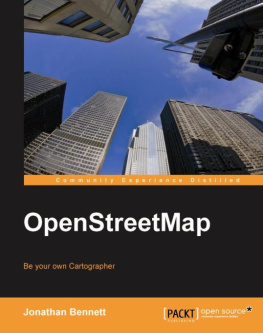

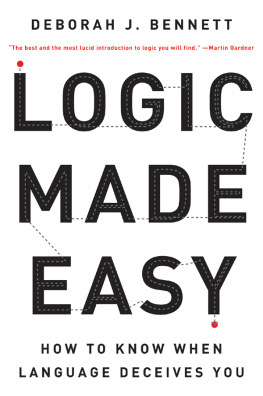
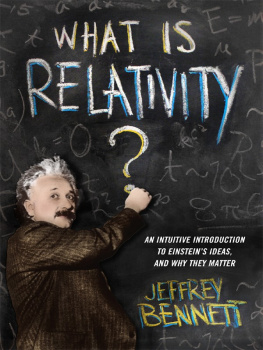
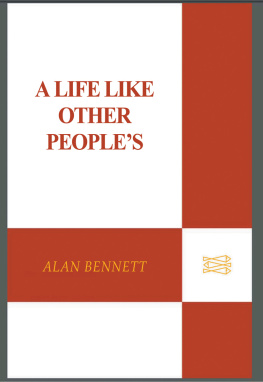
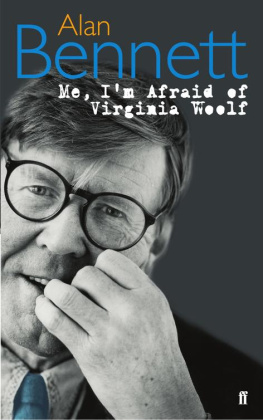
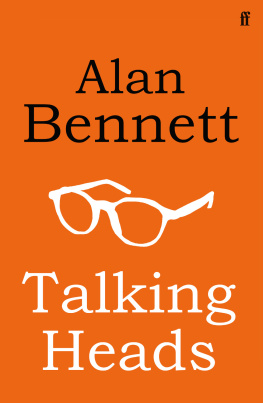
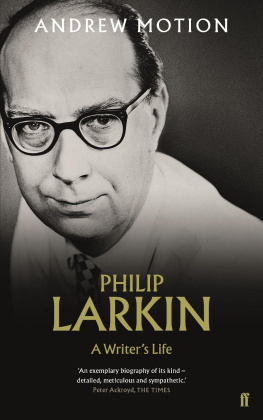
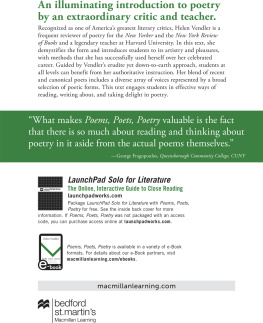

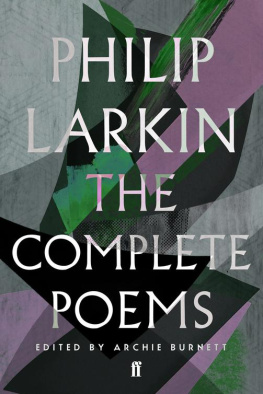
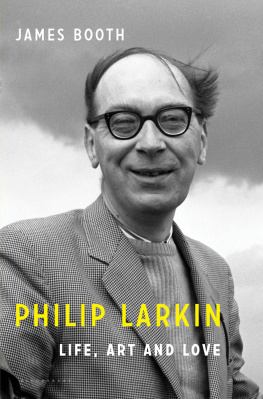
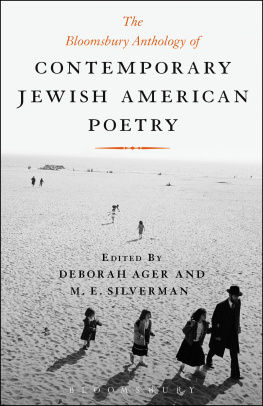
 Hardy to Larkin An anthology by
Hardy to Larkin An anthology by First published in 1990 as Poetry in Motion by Channel 4 Television, 60 Charlotte Street, London, WIP 2AX. This edition first published in Great Britain in 2014 by Faber & Faber Ltd and Profile Books Ltd. First published in the United States in 2015 by Yale University Press. Editorial material Alan Bennett, 1990, 2014. Poems the Estates of the individual authors. All rights reserved.
First published in 1990 as Poetry in Motion by Channel 4 Television, 60 Charlotte Street, London, WIP 2AX. This edition first published in Great Britain in 2014 by Faber & Faber Ltd and Profile Books Ltd. First published in the United States in 2015 by Yale University Press. Editorial material Alan Bennett, 1990, 2014. Poems the Estates of the individual authors. All rights reserved. 